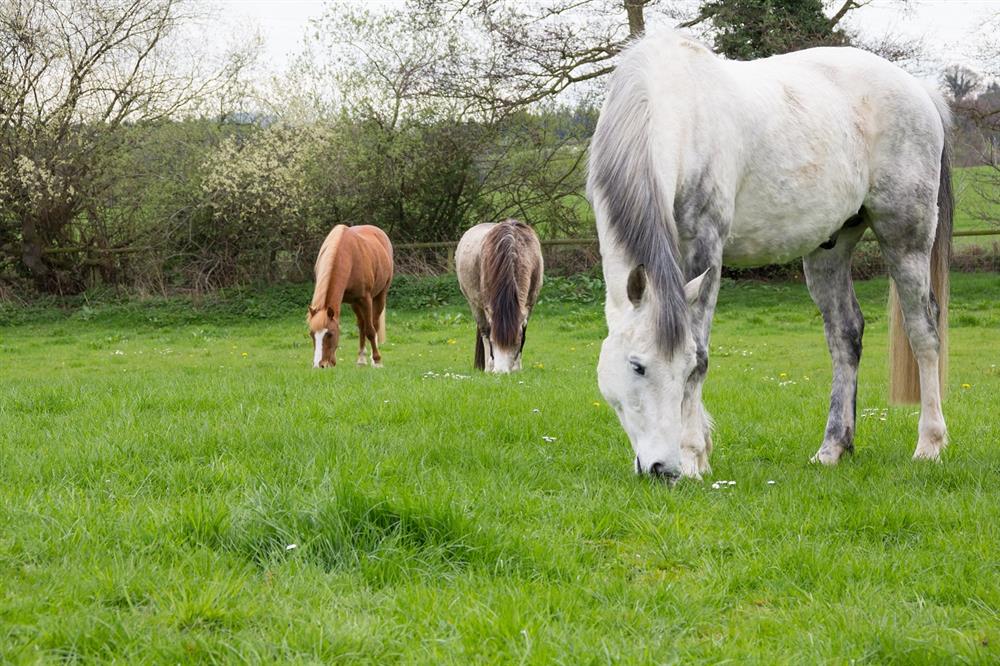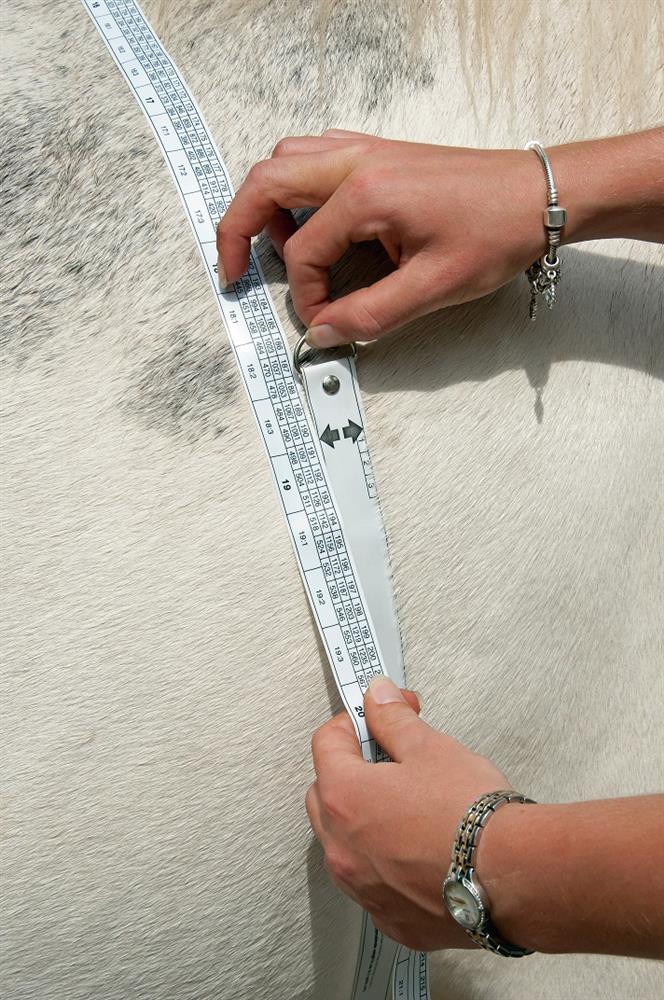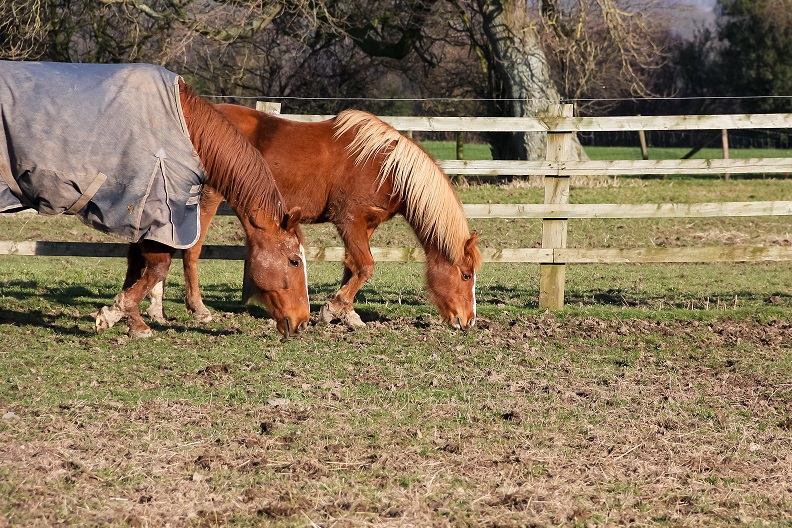Is Your Horse at a Healthy Weight for Their Age, Size, and Performance?
Whilst the principle rules of keeping your horse’s weight down are fairly simple, sometimes they can be tricky to enforce. Let’s make the most of the season and look at how the cold weather can be used as a diet tool!
How Winter Grazing Can Support Natural Weight Loss
The reduction in quality and quantity of grass over the winter months becomes very useful to horses that need to shed a few pounds. Being able to turn out on poor quality grazing will not only mean fewer calories are consumed but also may encourage you horse to forage more and thus mean that your horse is getting more exercise throughout their time in the field.
Good growing seasons can become a huge problem for keeping your horse at a healthy weight and can predispose some horses to metabolic disorders.
Understanding Weight Fluctuations in Horses
Throughout the year, weight fluctuations are fairly normal and diets should be adjusted to suit your horse’s needs. Horses with metabolic disorders are often consistently obese year-round, so will need much stricter regimes which could include very limited turnout on pasture regardless of the time of year.

How to Assess Your Horse’s Body Condition
First of all, you should know what your horse’s body condition is. This can be achieved by using a body score chart and either a weigh tape or weigh bridge. Taking pictures of your horse can be a useful way to monitor your horse’s weight loss, although make sure that each picture is taken at the same angle and that your horse’s coat is the same for consistency.
The use of a weigh bridge will provide the most accurate weight of your horse, however, a weigh tape can also be beneficial to check for weight loss. When using a body condition chart be sure to take into account the thickness of the horse’s coat as this can sometimes hide signs of obesity such as fatty pads or lumps. Take your pictures, body condition scores and note of weight at the same time and keep the results recorded so that you are able to pinpoint potential reasons for weight gain or loss.

Here is some useful advice and guidance on scoring your horse, along with a helpful chart.
Managing Your Horse’s Diet for Healthy Weight Loss
Maintaining a forage-based diet and avoiding feeding additional hay unless required is ideal for overweight horses. It is, however, important that you provide enough forage to support gastrointestinal health without the overconsumption of calories.
Adjusting Diet Based on Weather Conditions
When the weather changes don’t be afraid to adjust your horse’s diet to suit! For example, if your field becomes completely muddy or snow fall occurs, overweight horses can be offered between 1 and 1.5% of their body weight in average quality hay.

Strategies for Weight Management
Don’t over rug your horse! Providing your horse with more warmth than it needs from rugs will encourage fat storage. Horses burn more calories trying to maintain their body temperature.
Exercise! If your horse is able to do so, a good exercise programme will help to burn those calories. Where possible, in hand walking, lunging and ridden work can all contribute.
Essential Nutritional Support for Weight Control
Applying a strict diet to reduce calorie intake as well as sugar and starch, and the combination of correct nutrition, management strategies and exercise will all help to reduce your horse’s weight. If your pasture and/or hay is of good quality, then restricted access or a grazing muzzle and soaking hay may be required.
Don’t forget to provide your horse with a vitamin and mineral supplement! A forage only or restricted diet is unlikely to be providing your horse with all the essential vitamins and minerals that they require every day for optimum health.
If you would like any advice on managing your overweight horse, please contact our Equine Nutritionists who would be happy to help you. You can email [email protected] or call our freephone advice line on 0800 585525.

